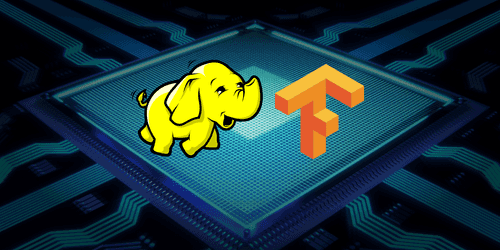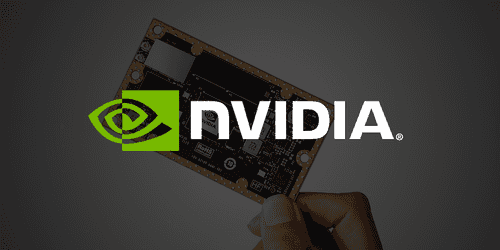PyTorch
PyTorch is an open source deep learning framework written in Python. It is based on Torch library. Originally, it was developed by Facebook. It is mainly used to train deep learning models and it already contains some pre-trains models and datasets. It is used for applications such as computer vision and natural language processing. It can run on CPU or GPU.
- Learn more
- Official website
Related articles

Deep learning on YARN: running Tensorflow and friends on Hadoop cluster
Categories: Data Science | Tags: GPU, Hadoop, MXNet, Spark, Spark MLlib, YARN, Deep Learning, PyTorch, TensorFlow, XGBoost
With the arrival of Hadoop 3, YARN offer more flexibility in resource management. It is now possible to perform Deep Learning analysis on GPUs with specific development environments, leveraging…
Jul 24, 2018

Nvidia and AI on the edge
Categories: Data Science | Tags: Caffe, GPU, NVIDIA, AI, Deep Learning, Edge computing, Keras, PyTorch, TensorFlow
In the last four years, corporations have been investing a lot in AI and particularly in Deep Learning and Edge Computing. While the theory has taken huge steps forward and new algorithms are invented…
By Yliess HATI
Oct 10, 2018

MLflow tutorial: an open source Machine Learning (ML) platform
Categories: Data Engineering, Data Science, Learning | Tags: AWS, Azure, Databricks, Deep Learning, Deployment, Machine Learning, MLflow, MLOps, Python, Scikit-learn
Introduction and principles of MLflow With increasingly cheaper computing power and storage and at the same time increasing data collection in all walks of life, many companies integrated Data Science…
Mar 23, 2020